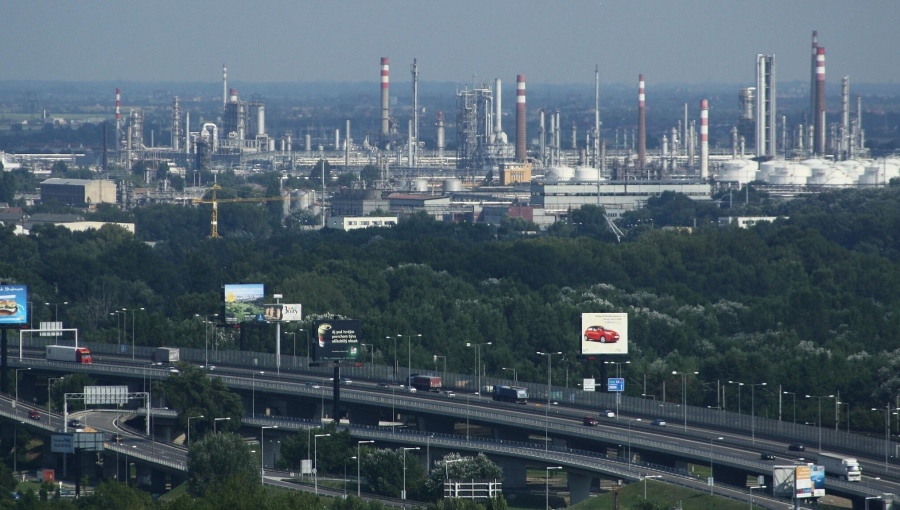Slovakia will continue supplying Czechia with processed Russian oil for another six months

Slovakia will continue to export oil products made from Russian oil to Czechia for another six months after the country’s government negotiated a prolongation of the existing exemption from EU sanctions.
“Negotiating an exemption on exports of products from Russian oil to Czechia is an important success not just from the perspective of the internal market, but also for stable prices in the region,” Slovakia’s Minister of Economy Denisa Saková was quoted as saying by the country’s state broadcaster STVR.
After the exemption expires, Slovakia’s oil refinery, Slovnaft, part of Hungarian MOL, will be able to supply products from Russian crude only to domestic and Ukrainian markets. Slovnaft exports oil products made mainly from crude flowing into the country through the Russian oil pipeline Druzhba.
Czech Prime Minister Petr Fiala (ODS) stated that “Slovakia asked for prolonging the exemption. We did not object to such a request; it is for half a year.”
“The Czech Republic does not need this exemption for its consumption,” the head of the energy department at the Czech Ministry of Industry and Trade René Neděla was quoted as saying by Czech Television (ČT).
“During the meeting, we have declared this several times,” Neděla continued, saying that “colleagues from Slovakia pointed to aid to Ukraine and stabilisation of supplies of crude products to Central Europe for the need extending the exemption.”
He added that Hungary backed the Slovak request. Both Hungary and Slovakia have criticised sanctions on Russia and have done much less than Czechia to reduce their dependence on Russian energy supplies.
Earlier this month, Czechia was unaffected by the two-day halt in Druzhba oil flow to the country.
The sitting centre-right Czech government expects the country to be freed from dependency on Russian oil imports by the middle of next year, following the completion of the TAL-PLUS projects – a CZK1.6bn (€67.5mn) expansion of the TAL pipeline which runs from the Italian port city of Trieste north to Austria and Germany, where Czechia is connected to it with its IKL pipeline.
TAL-PLUS will increase the pipeline’s transporting capacity for Czechia to 4mn tonnes per year (tpy) of oil, which will enable the country to stop importing oil from the Druzhba pipeline.
Poland’s Orlen operates two refineries in Czechia in Litvínov, near the German border in the north, and Kralupy nad Vltavou, near Prague. In August, Orlen’s head Ireneusz Fafara told the Polish press agency PAP that Orlen is ready to end Russian oil imports completely, pending the completion of enhancing oil pipeline connections from Germany to Czechia.


Follow us online